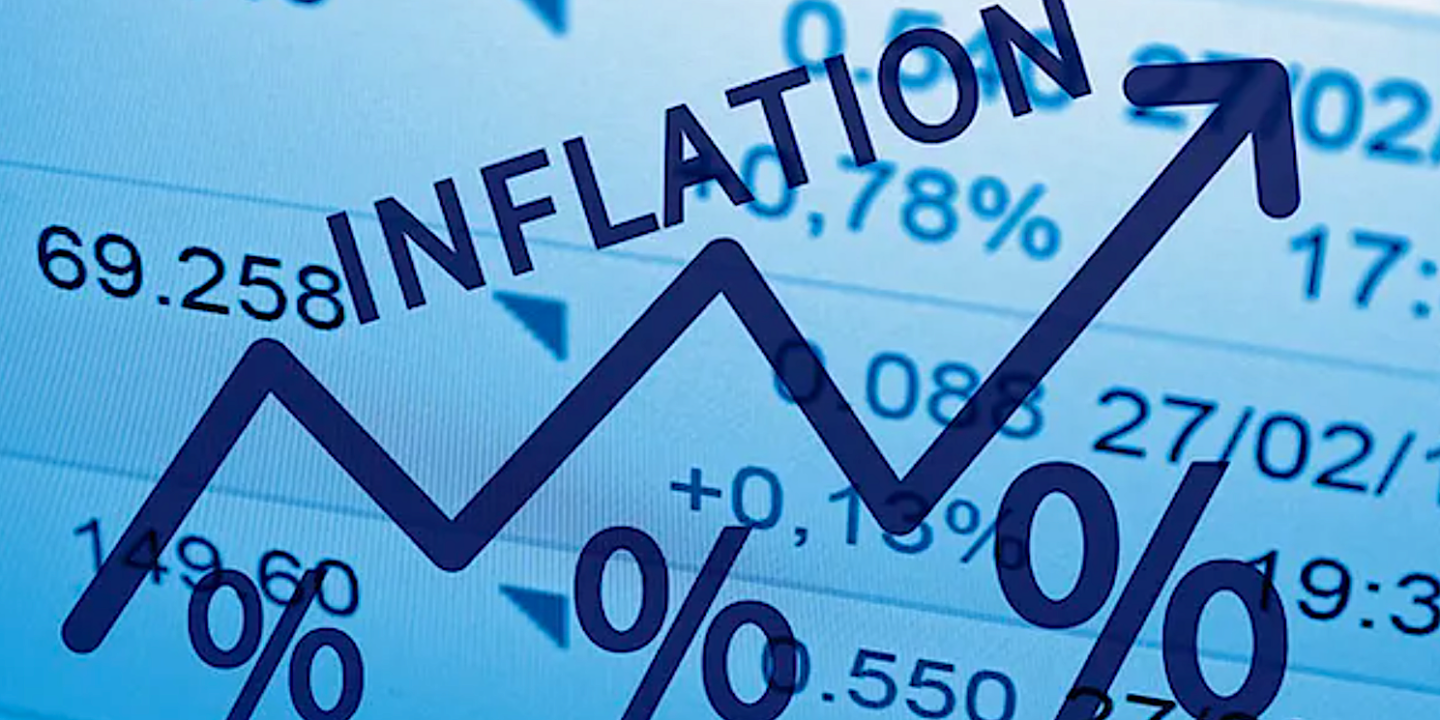
Nigeria’s inflation trajectory showed a marked improvement in October 2025, as the headline inflation rate eased to 16.05%, down sharply from 18.02% in September 2025, according to the latest data released by the National Bureau of Statistics (NBS) on Monday.
The figures indicate a positive development in the country’s fight against rising consumer prices, offering some relief to households and businesses grappling with the cost of living.
The year-on-year headline inflation rate for October 2025 stood at 17.82%, a significant decline compared to the 33.88% recorded in October 2024. While the Bureau noted that these figures are calculated based on a different base year (November 2009), the trend highlights a gradual easing of inflationary pressures over the past year.
NBS officials explained that the decrease reflects a combination of factors, including stabilization in food prices, improved supply chain management, and moderated increases in energy and utility costs. Analysts also pointed to government interventions in critical sectors, such as fuel subsidies and agricultural support programs, which have helped to curb price surges in key consumer goods.
Food inflation, historically a major driver of overall price increases in Nigeria, showed signs of moderation in October. Items such as staples, vegetables, and meat experienced slower month-on-month price growth compared to previous periods, contributing to the overall decline in headline inflation. Similarly, non-food sectors including transportation, housing, and healthcare reported smaller price escalations, further supporting the downward trend.
Economists have described the October figures as a “notable achievement,” emphasizing that sustained monetary policy measures by the Central Bank of Nigeria (CBN) and coordinated fiscal policies have played a central role in managing inflation expectations. The CBN’s recent policy adjustments, including interest rate reviews and liquidity management strategies, are widely credited with helping to stabilize the economy and reduce the inflationary burden on households.
Despite the improvement, experts caution that inflation remains elevated by historical standards and continues to affect purchasing power, particularly among low and middle income households. They stress the importance of continued policy vigilance and structural reforms to address underlying supply chain bottlenecks, energy costs, and food production challenges.
The decline in inflation is expected to influence other areas of the economy, including interest rates, investment decisions, and consumer confidence. Lower inflation may provide room for businesses to plan and invest, while easing pressure on household budgets could stimulate domestic consumption in the coming months.
Overall, the October 2025 inflation data signals a positive shift in Nigeria’s economic landscape, suggesting that coordinated policy interventions and market stabilizations are yielding results. While challenges remain, the improvement offers optimism for further easing in inflation rates, supporting broader economic growth and stability across the country.















No Comments